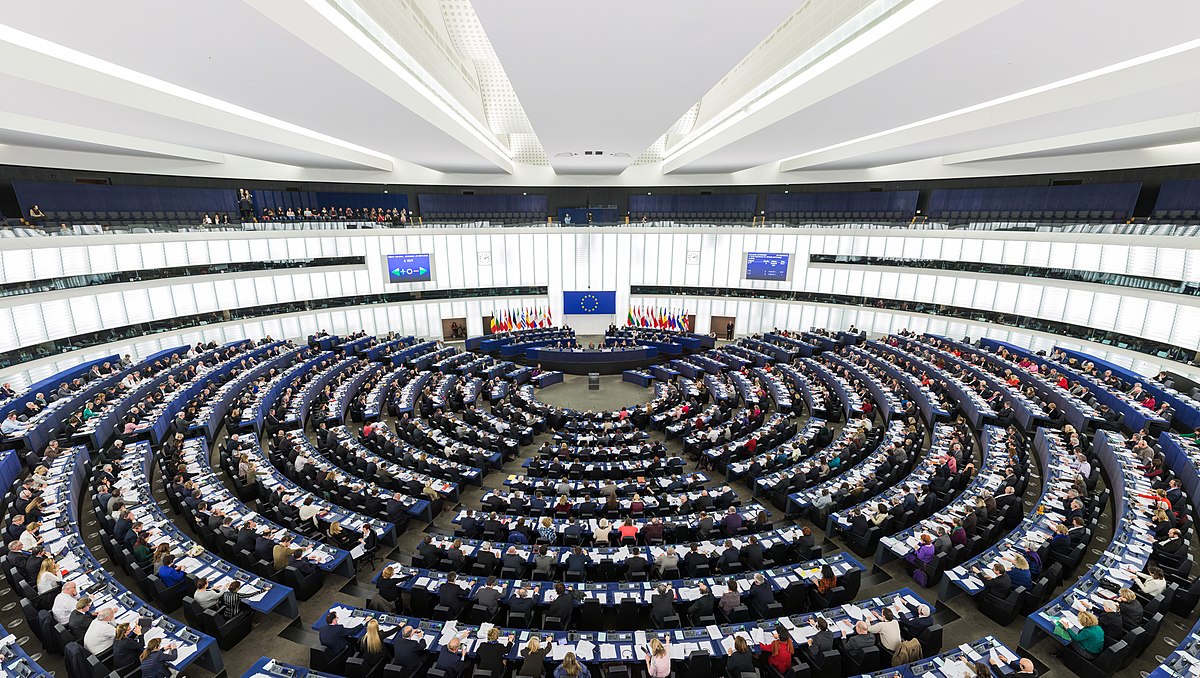The European Parliament has called for lifting restrictions that prevent Ukraine from using Western-supplied weapons against military targets on Russian territory, according to a resolution adopted on October 9 in Strasbourg.
Western governments have long limited Ukraine’s ability to strike inside Russia, citing fears of escalation, NATO entanglement, and retaliatory attacks on Europe. These limitations have constrained how Ukraine can respond to Russian attacks launched from inside Russian territory.
The resolution, focused on a coordinated European response to Russia’s aerial threats, states that Ukraine should be allowed to strike launch sites and military facilities inside Russia used to attack Ukrainian civilians and critical infrastructure.
"[The European Parliament] calls for the lifting of restrictions on the use of Western weapons systems delivered to Ukraine against military targets on Russian territory, as these are used for launching attacks on Ukraine’s population and critical civilian infrastructure."
The European Parliament stressed that Russia’s recent aggressive actions will not weaken the EU’s commitment to supporting Ukraine’s right to self-defense.
It emphasized the importance of strengthening Ukraine’s air defenses to protect both Ukrainian and European territory, urged member states to provide additional military assistance including air-defense ammunition, and called for joint procurement of new capabilities.
Members of the European Parliament also urged the European Union to accelerate the use of frozen Russian assets to support Ukraine. The document calls on EU member states, together with G7 partners, to back the European Commission’s proposal to channel all immobilized Russian assets into a fund providing substantial grants and loans to Ukraine.
According to the resolution, the financing would serve as a legally sound and meaningful way to strengthen EU support for Ukraine’s defense needs - particularly for countering drone and missile threats - with future repayment linked to Russia’s war reparations.
The debate over Western weapons restrictions has divided Western governments throughout the full-scale war.
Most EU member states permit Ukraine to strike Russian military targets near the border using supplied weapons, but deeper strikes into Russian territory remain largely prohibited - forcing Ukraine to rely on domestically-produced long-range drones and missiles for attacks on refineries, military installations, and ammunition depots hundreds of kilometers inside Russia.




